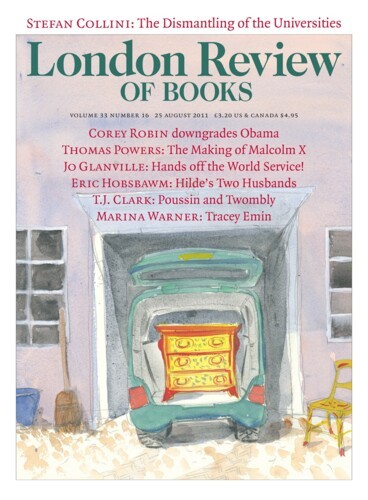From The Blog
23 September 2011
One of the T-shirts you’ll see quite often around MIT says: ‘Speed limit: 186,000 miles per second. It’s not just a good idea. It’s the law.’ The speed in question is the speed of light, and the law comes from Albert Einstein’s theory of relativity. Relativity is predicated on the notion that the speed of light is unsurpassable, and most of modern physics is predicated on relativity. So this morning’s announcement that a team of physicists at CERN may have measured tiny particles, known as neutrinos, travelling faster than light has the potential to eclipse all other news that ever has or may yet come out of CERN – Higgs particles, supersymmetry and all else combined. The key word, though, is ‘potential’. By the physicists’ own reckoning, their results require a lot more scrutiny before anyone concludes that physics has one fewer leg to stand on.
23 September 2011




